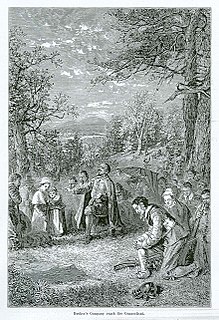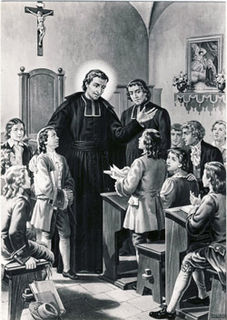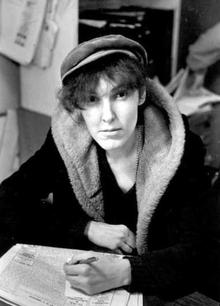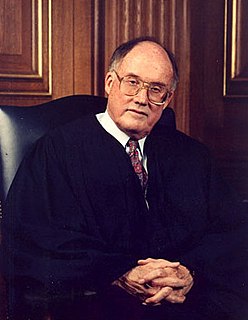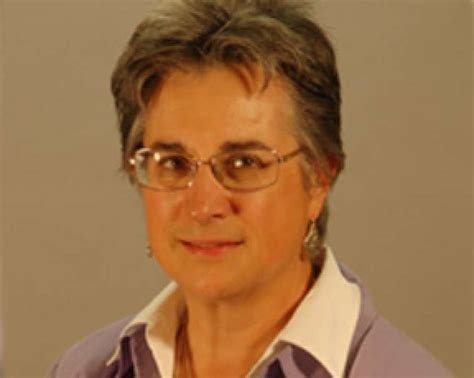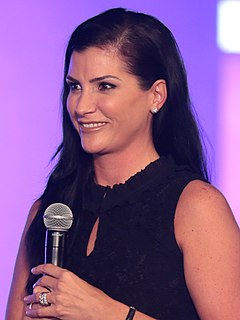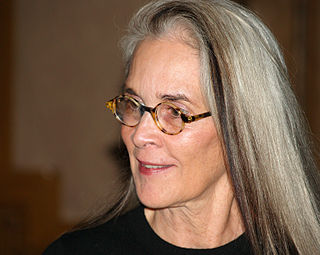A Quote by Gilbert K. Chesterton
Nothing can ever overcome that one enormous sex (female) superiority that even the male child is born closer to his mother than to his father.
Related Quotes
When the father is going on in his journey, if the child will not goe on, but stands gaping upon vanity, and when the father calls, he comes not, the onely way is this: the father steps aside behind a bush, and then the child runs and cries, and if he gets his father againe, he forsakes all his trifles, and walkes on more faster and more cheerefully with his father than ever.
As in the natural life a child must have a father and a mother, so in the supernatural life of grace a true child of the Church must have God for his Father and Mary for his mother. If he prides himself on having God for his Father but does not give to Mary the tender affection of a true child, he is an impostor and his father is the devil.
The male dares to be different to the degree that he accepts his passivity and his desire to be female, his fagginess. The farthest out male is the dragqueen, but he, although different from most men, is exactly like all other dragqueens; like the functionalist, he has an identity - a female; he tries to define all his troubles away - but still no individuality. Not completely convinced that he's a woman, highly insecure about being sufficiently female, he conforms compulsively to the man-made feminine stereotype, ending up as nothing but a bundle of stilted mannerisms.
Nothing that had ever happened to him, not the shooting of Oyster, or the piteous muttering expiration of John Wesley Shannenhouse, or the death of his father, or internment of his mother and grandfather, not even the drowning of his beloved brother, had ever broken his heart quite as terribly as the realization, when he was halfway to the rimed zinc hatch of the German station, that he was hauling a corpse behind him
A father's interest in having a child--perhaps his only child--may be unmatched by any other interest in his life. It is truly surprising that the state must assign a greater value to a mother's decision to cut off a potential human life by abortion than to a father's decision to let it mature into a live child.
Behold the Child among his new-born blisses
A six years' Darling of a pigmy size!
See, where 'mid work of his own hand he lies,
Fretted by sallies of his mother's kisses,
With light upon him from his father's eyes!
See, at his feet, some little plan or chart,
Some fragment from his dream of human life,
Shaped by himself with newly-learned art.
You may be surprised to learn that, in our law, although the fetus is currently without the right to life, it does have some rights. For instance, under civil law, the unborn child has the right to inherit part of his father's estate should his father die before he is born, and he has the right to sue his Mother, or a doctor, for injuiries sustained while in the womb.
The male is just a bundle of conditioned reflexes, is incapable of a mentally free response, is tied to his early conditioning, is determined completely by his past experiences. His earliest experiences are with his mother, and he is throughout his life tied to her. It never becomes completely clear to the male that he is not part of his mother, that he is him and she is her.
Suddenly Yankel was overcome with a fear of dying, stronger than he felt when his parents passed of natural causes, stronger than when his only brother was killed in the flour mill or when his children died, stronger even than when he was a child and it first occurred to him that he must try to understand what it could mean not to be alive -- to be not in darkness, not in unfeeling -- to be not being, not to be.
'The Big Girls' has always seemed to me to be a story about different kinds of families - a divorced mother with a child; a father with his child and his girlfriend; a mother of three children, suffering from postpartum depression; and the rigid artificial families maintained by women in prison - all potentially perilous.


